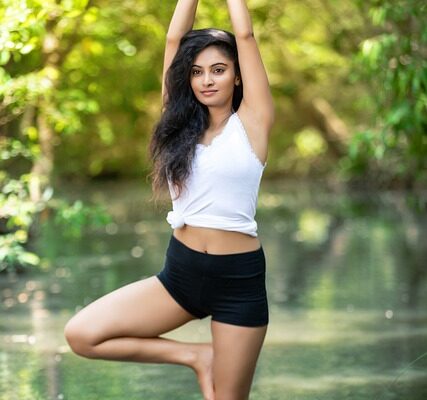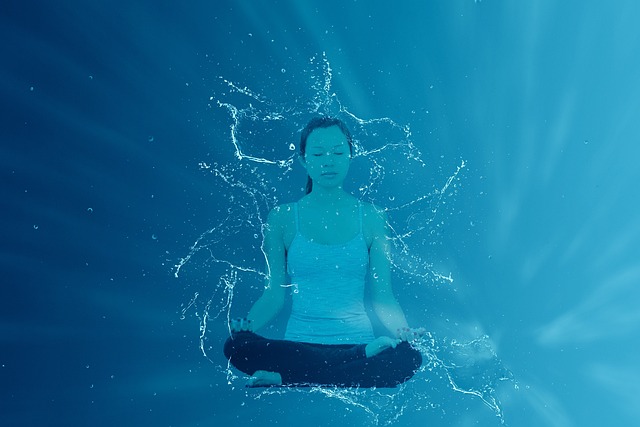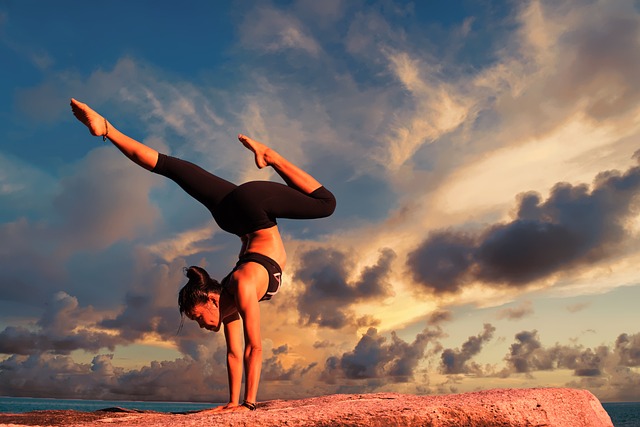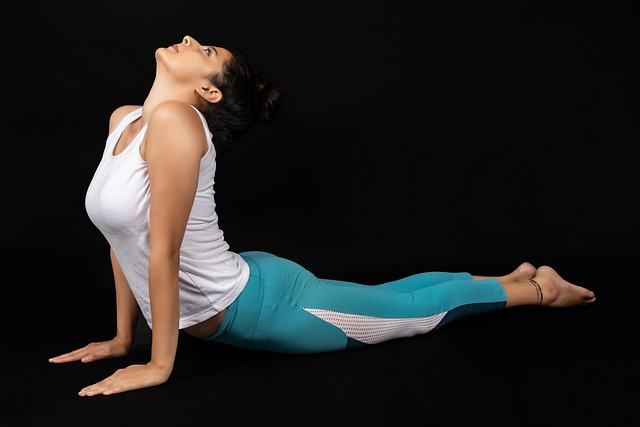January 16, 2023 Imphal By Bhogen Goswami:
In our daily life, we come across various yoga asanas or postures that can give enormous values to our mind and body. Among them, the ‘Aqua Yoga’, also known as water yoga is one rewarding exercise that can heal various ailments in joints and muscles.
The buoyancy of the water helps the practitioner to attain the benefits of different asanas with fewer efforts. So, try attending water yoga classes if the regular yoga asanas and other types are not your cup of coffee.
Contents
- 1 Who can do Aqua Yoga?
- 2 Where Should You Practice Aqua Yoga?
- 3 What are the Types of Water Yoga?
- 4 Water North Star Pose
- 5 Water Warrior II Pose
- 6 Water Flowing Warrior Pose
- 7 Water Sugarcane Pose
- 8 Ardha Chandrasana
- 9 Navasana
- 10 Adho Mukha Vrksasana
- 11 Padangusthasana (Big Toe Pose)
- 12 Urdhva Mukha Svanasana
- 13 The Gist of It
Who can do Aqua Yoga?
Anyone can perform aqua yoga and acquire its benefits out that it is just a matter of choices and preferences.
People with chronic muscles and joints pain can attain the best out of this yoga type. The water’s buoyancy while floating can reduce the pain by reducing the weight pressure on the body.
Even pregnant women can benefit from water yoga by supporting the body through water. However, one should never fail to undergo the practice under the proper assistance of a certified professional aqua yoga practitioner.
Where Should You Practice Aqua Yoga?
When talking about the right place to perform aqua yoga, pools become the best option. Pools with above chest levels are recommended as it can offload your weight up to 70% as a result of the water buoyancy.
If finding a pool is tough for you, a bathtub can be an alternative option. Depending on the tub’s depth, you can perform either the standing or sitting yoga or both. During winter, it becomes the best choice to make use of a bathtub for aqua with warm water.
Many people also find pleasure in practice aqua practice at beaches. However, you should always keep safety as your priority and never fail to find a company or partner to help each other.
What are the Types of Water Yoga?
If you have a pool at home, you are lucky enough that you may try these yoga steps to acquire the maximum benefits.
Water North Star Pose
It is the initiating posture of water yoga that you will try to acquire the posture of the North Star sequence. Follow the steps below:
- As you stand, spread your legs apart
- Maintain a distance greater than your hip-width between your legs
- Slowly join your hands above your head with palms facing each other
- Stay in this position by taking a few deep breath-ins and outs
- Relax and come back to the original form
Water Warrior II Pose
Water warrior II pose involves body movements and stretches that help to strengthen the muscles, chest, and groin. You may follow the steps below to attain this position.
- Take a deep exhalation and bend your right leg
- On the other side, stretch your left leg straight
- Make sure that each foot face rests on the floor of the pool
- Widely stretch your arms out into the opposite direction
- Now, feel your body’s position under the water level
Water Flowing Warrior Pose
To do practice the flowing warrior pose, follow the steps given below,
- Rest your lower body by standing on the pool
- Allow your arms to lay on the water level like seaweeds
- Now, feel the state of your spines in the water
- Stay in this position for up to 15 seconds by taking a few deep breathes
- Relax and get back to the normal position
Water Sugarcane Pose
The water sugarcane pose is a great posture to strengthen the calves, ankles, thighs, groin, chest, hamstrings, and shoulders. To acquire this posture, follow the steps listed below:
- Take a deep breath and support your body by your front foot
- Let the other leg float at the back, forming a half-moon pose effortlessly
- Let your arm in the direction of lifting leg touch toe
- Now, feel the way how the moon and water connect, flowing towards your spine.
Ardha Chandrasana
Also known as half-moon pose, Ardha chandrasana is one of the most significant water yoga postures. To perform this, follow the steps given below,
- First, straighten your spine
- Let your left arm hold the wall of the pool, making your torso facing the wall
- Take your right hand to the hip of its respective side
- Slowly move forward with the hips and lift right leg at the back
- Make sure that the legs are straight
- With the rising level of the right leg, maintain the flexibility of the foot
- When the rising leg match parallel to the floor of the pool, move the hips towards right upward and lift your arms up
- Stay in this position for a while, taking a few deep breaths
- Now relax and return to the original position
- Repeat it by switching from the other side.
Navasana or boat pose requires 2 pool noodles of equal cylindrical shape, size, and length. Follow the steps below to proceed:
- Hold each noodle and gently press them into the water downward
- As they move down, take your core muscles to make your legs float forward
- Hold yourself to stay on this position for a while and take 6-7 deep breaths
- Bring your mind to feel the water buoyancy supporting the floating legs
Adho Mukha Vrksasana
The water handstand posture or ‘Adho Mukha vrksasana’ is one of the toughest aqua yoga types. It will require a few efforts and your ability to hold your breath underwater. Proceed with the following steps given below only if you are comfortable the said efforts and ability:
- Simple dive into the base of the pool
- Support your body by your hands on the pool floor, lifting legs in the air
- Most importantly, never forget to hold your breath
Padangusthasana (Big Toe Pose)
To practice the Big-Toe Pose or Padangusthasana, follow the steps stated below:
- Stand near the pool’s wall
- Straighten your spine
- Stretch one of your arms, holding the pool’s wall
- Support your body by stretching your inner leg straight on the pool floor
- Bend the other leg and take the knee closer to your chest
- Hold the bending legs toe and set straighten out at the maximum level you can
- Make sure that your back is still standing straight
- Now, slowly take leg aside with both the hips in the front and a straight back
- Take a few deep breaths by holding in this position and feel the buoyancy of the water
- Now come back to the initial position and repeat from the other side
Urdhva Mukha Svanasana
To acquire the Upward Facing Dog pose or Urdhva Mukha Svanasana take two foams of equal sizes and follow the steps listed below:
- Place both your hands on the pool foams
- Let your spines straighten up
- Roll your shoulders from your neck
- Slowly press the foams away meanwhile you make an arch at the back and move towards the toe top
- Maintain a balance on the torso as you hold the pool foams
The Gist of It
If you find water bodies convenient and comfortable, you can make use of it through aqua yoga. So, always try to attain a few aqua yoga postures whenever you visit a pool or beach and make your moments worth spending.







